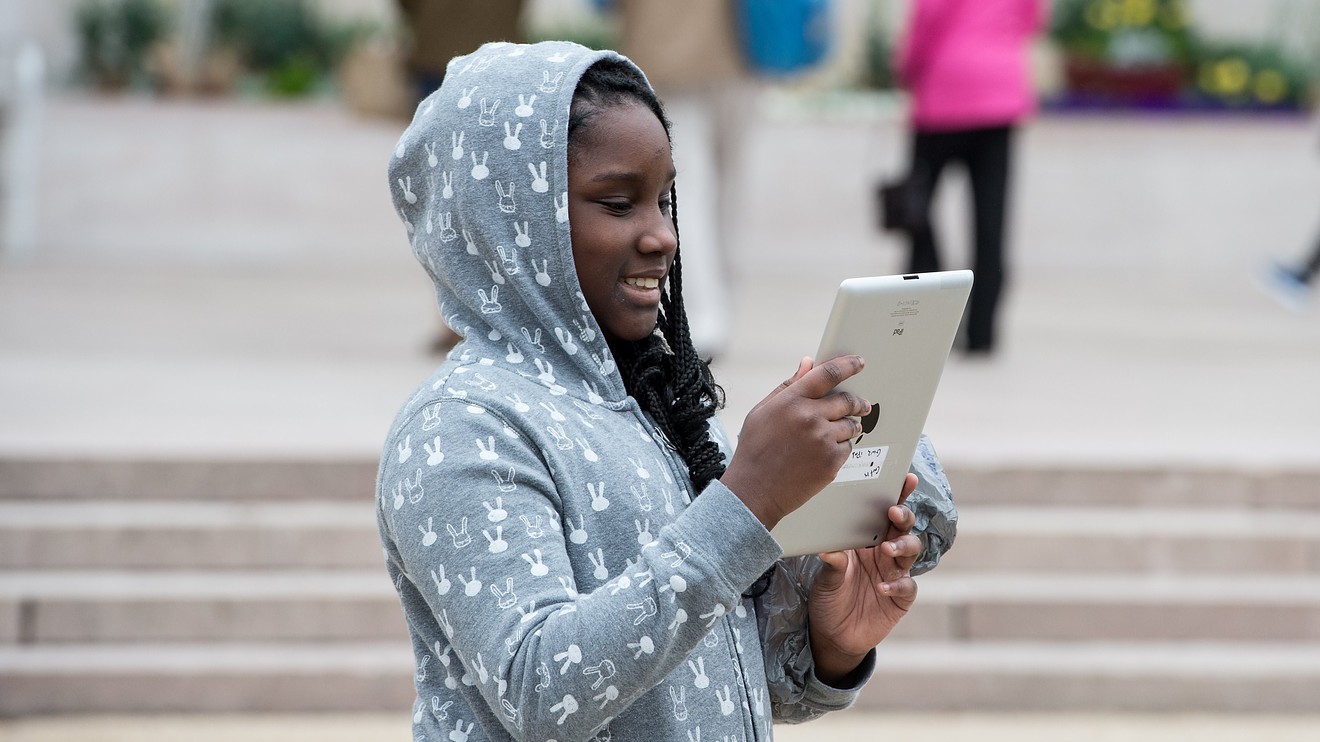
We have certainly not had a Financial Literacy Awareness Month like this since Congress designated April as that month in 2004. Unlike other Aprils, parents across America have the opportunity to give their middle school and high school students a gift that will last them a lifetime.
Teenagers are sitting at home during this pandemic, just like the rest of America. Many continue their studies through distance learning. This is both heartbreaking for them as graduations, proms and end-of year parties have been canceled. But it’s also an opportunity for them to learn some valuable skills from their first teachers — their parents.
At Next Gen Personal Finance (NGPF), our research shows that only 1 in 6 students graduates from a high school that requires them to take a personal finance course before crossing that graduation stage. In low-income communities, the statistic drops to 1 in 26 students.
Prepare for economic challenges
We can do better. Gen Z is a captive audience, so for parents and guardians, this is your chance to help them become financially savvy. We all know that as a nation we face daunting and unprecedented economic challenges ahead. This will place an even greater premium on the financial skills necessary to navigate successfully through these turbulent and uncertain times.
More help for parents: 20 virtual field trips to keep your kids occupied (and learning)
We know that talking about our finances at home is often a taboo subject and yet we also know that teens are keenly aware of the weakening local economies around them. Here’s how a few parents are using this moment to spur conversations.
Parent Derek D’Angelo in Shelby Township, Mich., says: “This opportunity has given us a lot of time to sit down and talk about spending habits and how they’ve changed during the pandemic. We are able to spend quality time together and discuss how much money we are saving by eating at home. We do a rough calculation of what a similar meal would cost if we went out to eat and what the meal at home cost us. We’ve also had the chance to discuss the importance of having an emergency fund for times like this. The question is when you will need to use your emergency savings, not if you’ll need to use it.”
Jason Lamont Jackson, from West Orange, N.J., says: “We’ve been talking a lot about the importance of budgeting regularly and having an emergency savings account. When my teen asked what people do if they don’t have enough money saved up, we talked about responsible use of credit cards if needed during this time. We agreed that many Americans who are unexpectedly finding themselves unemployed and don’t have an emergency fund may need to rely on credit cards in the short term.”
Learn by doing
In addition to conversation, we know that students learn by doing. Games and simulations can be particularly effective.
So, how can you find fun, engaging ways for your teens to learn these lessons without a “lecture” from you? Look no further than this popular suite of arcade games, which are both fun and educational. With over 5 million game plays annually, these games lead students to skip lunch periods, get them to gladly do their homework and lead to fruitful conversations in and out of the classroom.
Here’s some examples of how these games can help right now.
Many high school seniors planning to attend college in the fall are rethinking those plans given the drastic and sudden changes to their family’s financial situation. What better way to learn about handling student loans and other major financial decisions in college than by experiencing it with a simulation game like ”Payback”? As of April 2020, the game has been played over 1.4 million times!
For those considering alternatives to a four-year college, we have a complete set of resources dedicated to helping students choose their own paths.
“Stax” will give your children valuable lessons about investing, including the emotions that come from investing in the stock market.
There are also games that help teenagers practice building and sticking to a budget, including our newest game “Money Magic,” and others like the scenario-based “My Life My Choices.”
By working for “Shady Sam,” students learn first-hand about the ins and outs of predatory lending practices that often target young customers or those who are less informed about the unfair loan terms being offered.
Practice for the real world
One thing I’ve noticed during the pandemic is that families are getting hooked on quiz games like “Quizziz.” Family members have made Trivia Night a daily routine and with these online quiz platforms they also are connecting with faraway relatives. We’ve got a quiz games library, all geared toward improving personal finance knowledge!
Now read this: ‘I’m terrified of losing everything I’ve worked for.’ This woman found a new job, bought a car, and was furloughed due to coronavirus
The point is, now is the perfect time for parents to develop the financial capability of the next generation. These conversations you have and the games and activities described above give your children the practice they need to prepare for the “real world.”
And you know what, Mom and Dad? You might even pick up a few helpful tips for handling your finances too!
Tim Ranzetta is the co-founder of Next Gen Personal Finance, a leading financial education non-profit serving over 30,000 financial educators and 2 million students with engaging curriculum, best in class professional development, and tools to advocate for increased access.











Add Comment